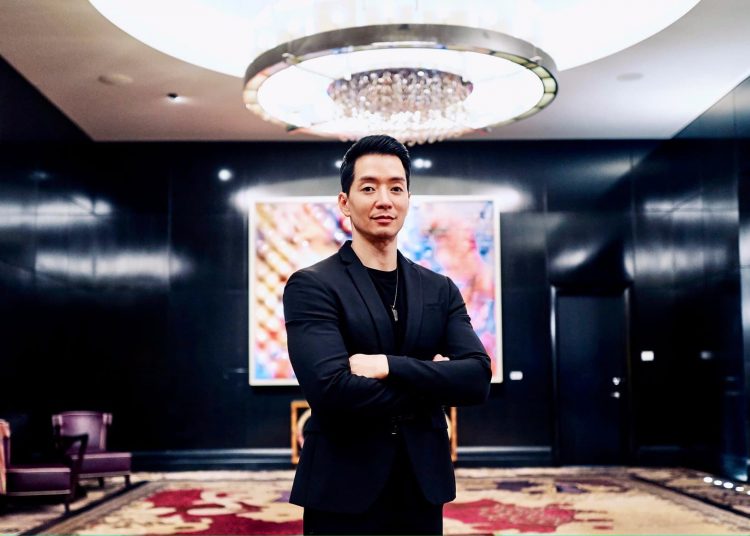DAOs, short for decentralized autonomous organizations, are sometimes referred to as the next generation of organizational structure, in which a community of like-minded people collaborates on a shared goal without the guidance of a central authority figure. DAOs, a type of business and community organization in the blockchain and crypto sector since Bitcoin’s inception, are now a topic of public discussion after a group called ConstitutionDAO — made up of 17,437 people who came together through word of mouth, similar to a flash mob — pooled over US$40 million in funds to try to buy a 243-year-old original paper copy of the United States Constitution. Damon Nam, a twenty-three-year-old technology professional, Microsoft alumni, and entrepreneur, is at the forefront of this change. He spent seventeen years at Microsoft and six years in blockchain technology, where he focused on decentralized finance as the founder of Coin and an advisor to HODLVERSE. Damon is also a co-founder of PRIVÉ, a DAO for premium lifestyle goods and services that is community-owned.
Being in control
Talking to Damon, he reduced the concept even more by using the example of a musician. He stated that if you are a musician, you can build a smart contract that someone can purchase in order to have access to your music. You would receive the money directly from them, as opposed to other centralized groups profiting from your music without having to participate in its development. Musicians will have control over who has access to their music, who makes money from it, and in what proportions. By establishing a DAO, you provide the groundwork for a direct transactional connection between you and your audience, eliminating the need for handlers and intermediaries to take a piece.
Damon’s initial work as a technical account manager was as a liaison and customer advocate for Microsoft’s Central Region Fortune 1000 clients. He got promoted a few years later, becoming a resource manager for Microsoft’s Services division, where he gave delivery alternatives to internal field teams. He was previously responsible for directing and monitoring the Preferred Services Partner program for the US division, which included over 75 partner businesses and a total revenue book of more than $90 million.
How it started for young Damon
Damon was born in Dallas and reared there. His parents were immigrants who arrived in the United States from Vietnam during the war under a refugee sponsorship scheme. They had modest beginnings, supported by government funds for public housing and food. Their whole dining table was often just a carton turned upside down. Then due to his persistent hard work, Damon had a successful corporate career at Microsoft, where he worked for seventeen years. He quit Microsoft to follow his dream of founding his own technology company and has spent the last six years working as a founder in the blockchain sector. During this period, his businesses have raised and generated millions of dollars in capital and revenue.
Quitting Microsoft
Damon studied information technology and earned a Bachelor of Science in Business from Southern Methodist University in 1999. During his seventeen-year career with Microsoft, he had a variety of positions within the Microsoft Services division. Damon worked as a liaison and client advocate for Microsoft’s Fortune 1000 customers in the Central Region in his first post as a Technical Account Manager. After a few years, he was promoted to Resource Manager, where he assisted Microsoft’s internal field teams by delivering delivery solutions for the Services company. As a US Services Program Director at Microsoft, he was responsible for driving and managing the Preferred Services Partner program for the US subsidiary, a program with around 75 partner firms and a total book of business of more than $90 million in revenue.
DAO is the future
Damon went on to explain PRIVE and the DAO idea, saying that under a DAO, everyone from the originator to the newest members who bought into the DAO has a say and a vote in any changes made inside the company. To purchase into the organization, you must agree to the present rules and direction, which brings like-minded people and investors together to form the DAO, and once in, any changes can only be made by a majority consensus of all members. He went on to clarify that one of the key advantages of a DAO is that it brings like-minded individuals together to finance and support your firm, ensuring that your investors share your aims.
According to Damon, it also eliminates several intermediary jobs, which saves you money. You don’t have to rely on a lot of third parties to make decisions or guarantee that things go a particular way when you’re building the DAO, including legal fees and other standard startup expenditures. Essentially, you may create a smart contract to enable you to automate everything that occurs as a result of the decisions made by the voters as they occur.











